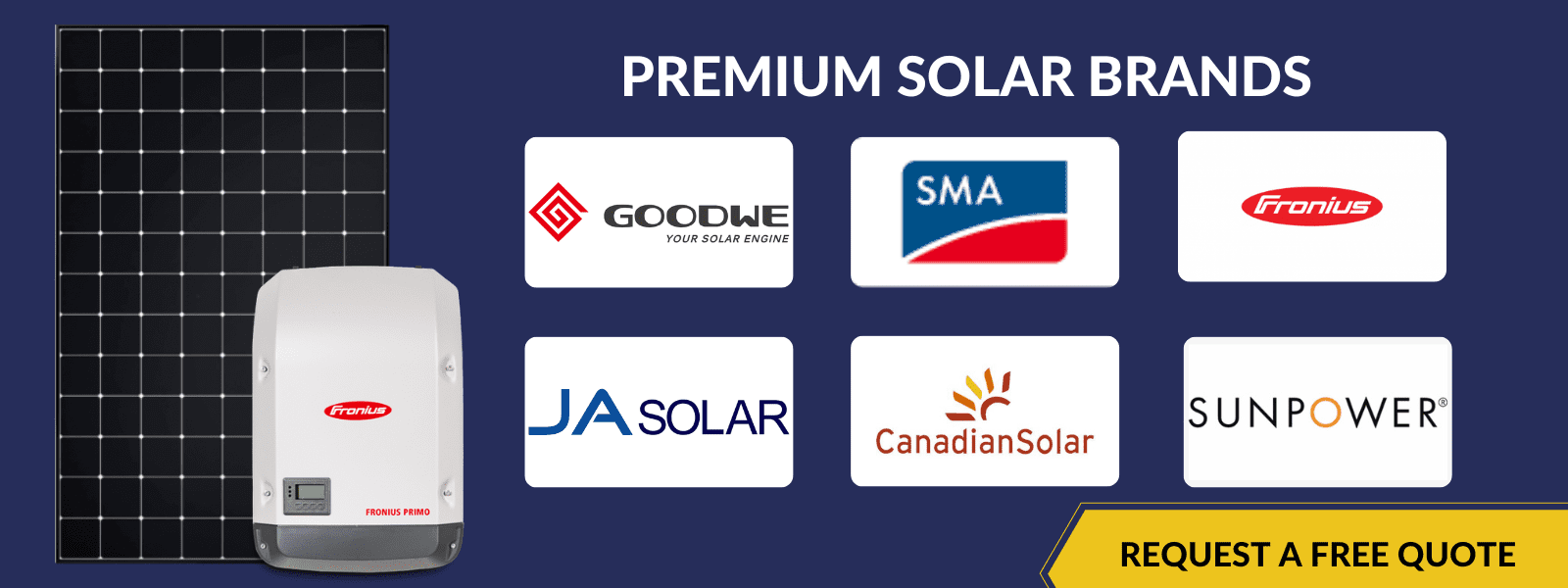Hybrid solar systems generate power in the same way as a common grid-tie solar system but use batteries to store energy for later use. This ability to store energy enables most hybrid solar systems to also operate as a backup power supply during a blackout, similar to a UPS system.
Traditionally the term hybrid referred to two generation sources such as wind and solar but more recently the term 'hybrid solar system' refers to a combination of solar and battery storage which unlike off-grid systems is connected to the electricity grid.
Why Invest In A Household Battery Storage System?
Battery storage allows you to store electricity generated by solar panels during the day for use later, like at night when the sun has stopped shining. While batteries were first produced in the 1800s, the types of battery storage systems that can store solar power and provide electricity to households are fairly new.
A Battery Storage System Can:
Help reduce your reliance on electricity from the grid Maximise the energy from your solar panels by allowing you to capture the solar energy that would normally be sent to the grid and save it for your own usage later in the day Offset the increased cost of power used during peak times, such as during the evening Save money by storing energy from the grid overnight when prices are low to use during peak times when prices are high (depending on your power agreement) Provide electricity to your home during power outages (depending on your system) Reduce your exposure to future electricity price rises.
How Do Batteries Work?
Battery storage uses a chemical process to store electrical energy, which can then be used at a later time. For example, a solarpowered torch stores electrochemical energy during the daylight hours that can be used to provide light at night. In practice, battery storage systems can operate in a number of different ways. It is important to discuss your needs with your Clean Energy Council Accredited Designer when choosing a system.
A battery storage system connects to a house in two main ways – DC (direct current) coupled or AC (alternating current) coupled. A DC-coupled battery storage system is integrated into your solar system. These systems generally have a single inverter that converts the DC electricity to AC to supply your house, or feed back into the grid.
An AC-coupled system is separate to your solar system. It connects directly to your house wiring via its own dedicated bi-directional battery inverter, using local AC electricity to charge the battery and then discharge it directly to your house. Each system has its own benefts. It is best to discuss the different options with your system designer.
Choosing The Right System For You:
Your system designer will help you choose a system appropriate for your requirements. This will depend on your energy use and tariff, the size of your solar panel system and what you want from the system.
Some questions to think about and discuss with your designer when choosing a system include:
- What is the total installed cost of the battery storage system versus the expected output over its lifetime?
- What can you afford?
- What system best suits your tariff structure?
- Do you have an appropriate space to install the battery?
- Can the battery store and supply enough energy for your needs?
- Is the supplier a reputable company that can deliver on any potential warranty claims?
- Do you have any safety concerns?
- Can the battery be recycled?
As long as you stay connected to the electricity grid, you can continue to use your appliances to suit your lifestyle. Your energy needs will be met through the combination of grid electricity and your solar and battery storage system.

We Provide YouSolar Panel Installation Services
Don't just trust our words, We have customers who experienced best solar panel installations across Australia!
-
We serve in residential and commercial areas
-
We are CEC approved retailer
-
We give unbeatable solar system prices
-
ADS Solar having more that 15 years of rich experience
RECENT
PROJECTS
Call us Today!
1300 812 911
Email us:




